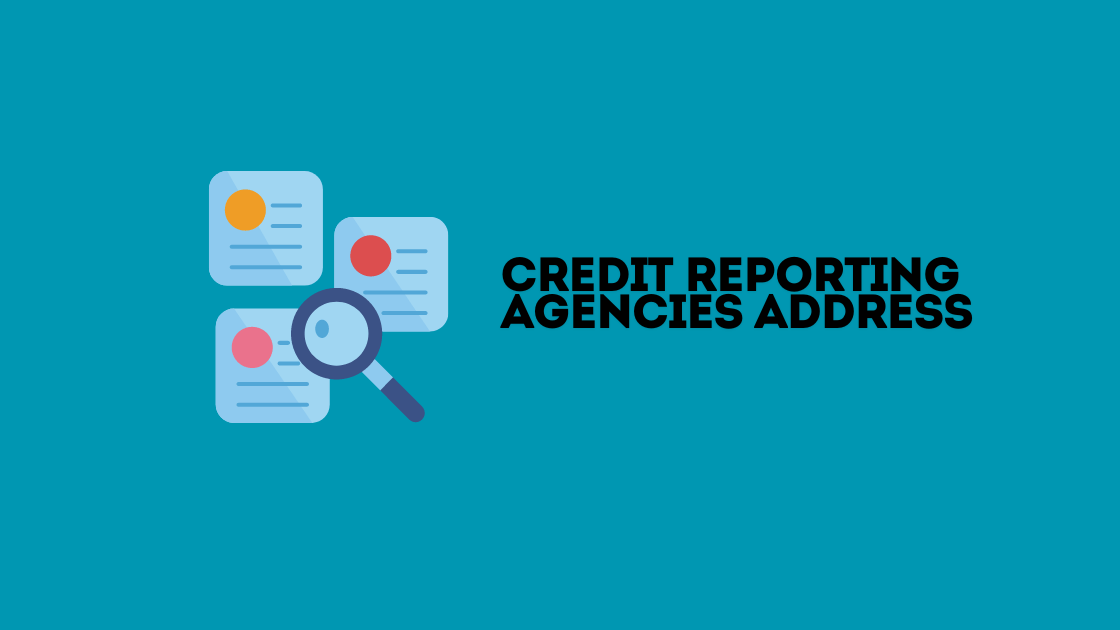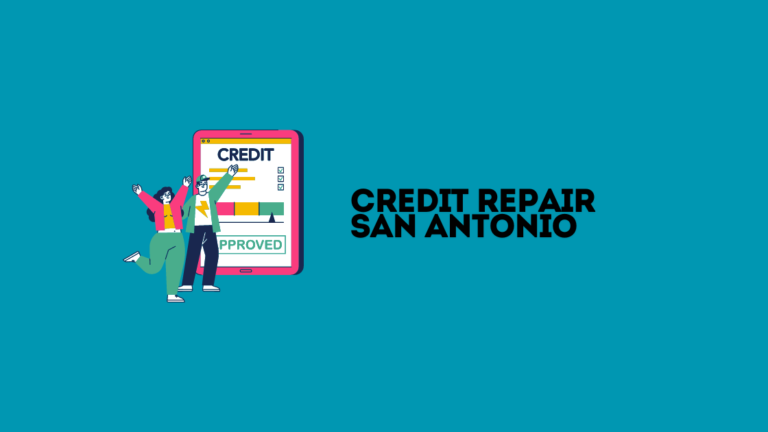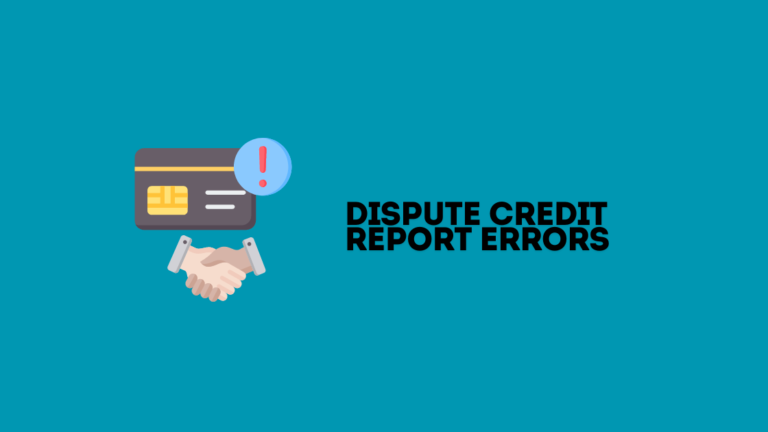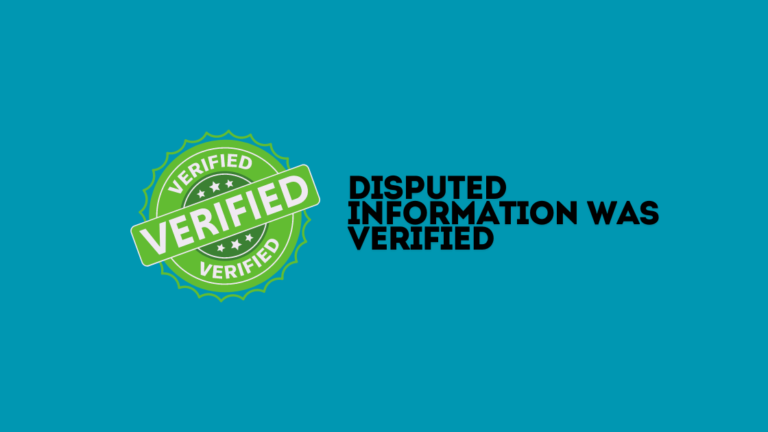Credit Reporting Agencies Address: Your Guide to Accuracy
Credit reporting agencies help lenders evaluate creditworthiness. The three main agencies are Equifax, Experian, and TransUnion.
Credit reporting agencies play a crucial role in the financial ecosystem. They gather and maintain data on individuals’ credit histories. Lenders use these reports to assess the risk of lending money. This process impacts the ability to secure loans, credit cards, and mortgages.
Equifax, Experian, and TransUnion are the primary credit bureaus in the United States. Each agency collects and updates credit information regularly. Their reports influence financial decisions, making them important for both consumers and lenders. Understanding these agencies helps individuals manage their credit scores. Good credit management can lead to better financial opportunities. Monitoring your credit report can help detect errors and prevent identity theft.
The Importance Of Accurate Credit Reports
Accurate credit reports are crucial for your financial well-being. They influence loan approvals, interest rates, and job opportunities. Ensuring the information is correct can save you from financial troubles. Strategies to protect credit scores include regularly checking your credit report for errors or fraudulent activity, maintaining a low credit utilization ratio, paying bills on time, and being cautious of applying for multiple lines of credit in a short period. By staying proactive in managing your credit, you can avoid potential setbacks and maintain a strong financial foundation for the future.
Impacts Of Errors On Financial Health
Errors on your credit report can cause severe issues. These mistakes can lead to higher interest rates. They may even result in loan denials. It is essential to check your report regularly.
Error Type | Potential Impact |
|---|---|
Incorrect Personal Information | Identity theft or fraud |
Wrong Account Information | Denial of credit |
Payment Errors | Higher interest rates |
Consumer Rights And Credit Reporting
Consumers have the right to protect their credit information. You can dispute errors on your credit report. The agency must investigate within 30 days. You also have the right to a free credit report each year from each of the three major agencies.
Right to Dispute: You can dispute incorrect information.
Right to Free Reports: Get one free report per year.
Right to Privacy: Your information must be kept secure.

Credit: www.debt.org
Identifying The Major Credit Reporting Agencies
Credit reporting agencies collect and maintain credit information. They play a critical role in the financial world. Knowing who these agencies are can help you manage your credit effectively. This section will help you understand the major players in the industry.
Equifax Profiles
Equifax is one of the three largest credit reporting agencies. Founded in 1899, Equifax provides credit reports, credit scores, and other financial services. Equifax operates in multiple countries, including the United States, Canada, and the United Kingdom. Their reports are used by lenders, landlords, and employers.
Founded | 1899 |
|---|---|
Services | Credit Reports, Credit Scores, Financial Services |
Countries | United States, Canada, United Kingdom |
Experian Profiles
Experian is another major credit reporting agency. It was established in 1996. Experian offers credit reports, credit scores, and identity theft protection. They operate in more than 37 countries worldwide. Experian’s reports are widely used by financial institutions.
Founded | 1996 |
|---|---|
Services | Credit Reports, Credit Scores, Identity Theft Protection |
Countries | 37+ |
Transunion Profiles
TransUnion is the third major credit reporting agency. Founded in 1968, TransUnion provides credit reports, credit scores, and credit monitoring. They operate in over 30 countries. TransUnion’s services are trusted by millions of consumers and businesses.
Founded | 1968 |
|---|---|
Services | Credit Reports, Credit Scores, Credit Monitoring |
Countries | 30+ |
The Role Of Smaller Credit Bureaus
Smaller credit bureaus also play a significant role. These agencies may focus on specific regions or types of credit information. They provide niche services that complement the major credit bureaus. Some smaller bureaus include Innovis, CoreLogic, and ChexSystems.
Innovis: Offers alternative credit data.
CoreLogic: Specializes in property and mortgage data.
ChexSystems: Focuses on checking account history.
How Credit Reporting Agencies Collect Data
Understanding how credit reporting agencies collect data is crucial. This data impacts your credit score. Knowing where and how they get this information can empower you. Let’s dive into the specifics.
Sources Of Credit Information
Credit reporting agencies gather data from various sources. These sources include:
Banks and Credit Unions: They report your account status and payment history.
Credit Card Companies: They provide details about your credit card usage.
Lenders: They share information about your loans and repayment behavior.
Utility Providers: They can report late payments for services like electricity and water.
Public Records: Court records, bankruptcies, and tax liens also contribute to your credit report
The Process Of Data Compilation
Once data is collected, credit reporting agencies compile it. They follow these steps:
Data Collection: Agencies receive information from their sources.
Data Verification: They check the accuracy of the received data.
Data Entry: Verified data is entered into their system.
Data Updates: Agencies regularly update their records to reflect recent activities.
Data compilation ensures your credit report is up-to-date and accurate. This affects your credit score significantly.
Understanding these processes helps you manage your credit better.

Credit: www.consumerfinance.gov
Common Types Of Credit Report Inaccuracies
Credit report inaccuracies can affect your financial health. These errors can lower your credit score. They may also cause loan or credit card application rejections.
Errors In Personal Information
Mistakes in your personal information can cause identity issues. Common errors include misspelled names, wrong addresses, or incorrect birthdates.
Type of Error | Example |
|---|---|
Misspelled Name | John Smith vs. Jon Smyth |
Wrong Address | 123 Elm St. vs. 321 Elm St. |
Incorrect Birthdate | 01/01/1980 vs. 01/01/1990 |
Account Status And Balance Mistakes
Errors in account status and balance can affect credit scores. These mistakes may show accounts as open when they are closed. They might also list incorrect balances.
Incorrect Account Status: An account marked as open instead of closed.
Wrong Balance: Reporting a $500 balance instead of $50.
Such errors can lead to higher interest rates. They may also cause loan denials.
Steps To Take If You Spot An Inaccuracy
Discovering an inaccuracy in your credit report can be frustrating. Credit reporting agencies handle your financial data, and errors can impact your credit score. Follow these steps to correct any inaccuracies swiftly.
Reviewing Your Credit Report
Start by carefully reviewing your credit report. Look for any discrepancies or incorrect information. Pay special attention to:
Personal details (name, address, etc.)
Account statuses
Credit Inquiries
Loan amounts
Payment histories
Document any errors you find. This will be crucial for the next steps.
Filing A Dispute With The Agency
Filing a dispute is essential to correct errors. Contact the credit reporting agency where the error appears. Provide them with a detailed report of the inaccuracy.
Gather evidence supporting your claim. This can be bank statements or payment receipts.
Write a formal dispute letter. Clearly explain the error and attach your evidence.
Send your dispute to the credit agency via certified mail. This ensures they receive it.
Here are the addresses for the three major credit reporting agencies:
Agency | Address |
|---|---|
Experian | P.O. Box 4500, Allen, TX 75013 |
TransUnion | P.O. Box 2000, Chester, PA 19016 |
Equifax | P.O. Box 740256, Atlanta, GA 30374 |
Wait for a response from the agency. They must investigate your claim within 30 days.
Understanding The Dispute Resolution Process
Credit reports are essential for financial health. Sometimes, they contain errors. Disputing inaccuracies can improve your credit score. Understanding the dispute resolution process helps you correct mistakes. Here’s what you need to know.
Investigation Procedures By Agencies
Credit reporting agencies investigate disputes. You can submit a dispute online, by mail, or by phone. The agency must start the investigation within 30 days.
Here is a typical investigation procedure:
Receive your dispute.
Notify the data furnisher (the entity that provided the information).
The data furnisher reviews the dispute.
The data furnisher reports findings back to the agency.
The agency updates your report if needed.
The agency notifies you of the results.
The process is usually completed within 30 to 45 days. You will receive written results. If corrected, you’ll get a free updated report.
What To Do If The Dispute Is Rejected
Sometimes, disputes are rejected. This can be frustrating. Follow these steps if your dispute is denied:
Request the reasons for rejection.
Gather more evidence to support your claim.
Submit a new dispute with additional documentation.
Consider contacting the data furnisher directly.
Seek help from a credit counselor or legal advisor.
Persistent errors can be escalated. File a complaint with the Consumer Financial Protection Bureau (CFPB). This ensures proper action.
Preventative Measures For Credit Accuracy
Keeping your credit report accurate is crucial. Errors in your credit report can lead to financial issues. Take preventative measures to ensure your credit accuracy.
Regular Monitoring And Alerts
Regularly check your credit reports from all three major credit bureaus:
Experian
Equifax
TransUnion
Sign up for credit monitoring services. These services send alerts if there are changes in your credit report. This helps you spot errors quickly.
Credit Bureau | Website | Contact |
|---|---|---|
Experian | 1-888-397-3742 | |
Equifax | 1-800-685-1111 | |
TransUnion | www.transunion.com | 1-800-916-8800 |
Best Practices For Protecting Personal Information
Protect your personal information to maintain credit accuracy:
Use strong passwords for online accounts.
Shred documents with personal details before discarding.
Do not share personal information over the phone or email.
Enable two-factor authentication on financial accounts.
Be cautious with your Social Security Number. Only share it when necessary. Keeping your information secure helps prevent identity theft.
Legal Framework Governing Credit Reporting
Credit reporting agencies play a key role in the finance world. They collect and manage credit information. This data affects your ability to get loans and credit cards. The legal framework ensures they handle data responsibly. It protects consumers from errors and misuse.
Fair Credit Reporting Act (FCRA) Explained
The Fair Credit Reporting Act (FCRA) is a federal law. It governs how credit reporting agencies operate. The FCRA ensures accuracy, fairness, and privacy. It regulates the collection and use of consumer information. The law applies to credit bureaus, lenders, and other entities.
The FCRA mandates agencies to provide correct information. It requires them to correct any errors. It also limits who can access your credit report. Only those with a valid need can see it.
Consumer Rights Under Fcra
Consumers have several rights under the FCRA. These rights help you manage your credit information.
Right | Description |
|---|---|
Access | You can request a free copy of your credit report. |
Dispute | You can dispute incorrect information on your report. |
Notice | You must be notified if information in your file has been used against you. |
Consent | Employers must get your written consent to access your report. |
Understanding these rights helps you protect your credit score. It ensures your data is accurate and up-to-date.
Navigating Credit Reporting With Technology
Technology is changing the way we manage credit. Credit reporting is now easier, faster, and more accurate. New tools help you understand your credit better. This section explores these tools and future trends.
Credit Monitoring Apps And Tools
Credit monitoring apps help you track your credit score. These apps send alerts when your score changes. Some apps also suggest ways to improve your credit. Here are some popular credit monitoring tools:
App Name | Key Features |
|---|---|
Credit Karma | Free credit scores, credit monitoring, and financial tips |
Experian | Real-time alerts, free credit report, and score tracking |
Mint | Budget tracking, credit score monitoring, and bill reminders |
The Future Of Credit Reporting Accuracy
The future of credit reporting is bright. Advanced technology will improve credit accuracy. Here are some exciting trends:
Artificial Intelligence: AI can spot errors and fraud quickly.
Blockchain Technology: Securely stores credit data, making it tamper-proof.
Real-Time Updates: Credit data will update instantly, no more waiting.
Technology is making credit reporting more efficient. These advancements will help you maintain a healthy credit score.
How Do Credit Card Protection Services Help Ensure Accuracy with Credit Reporting Agencies?
Credit card protection services help ensure accuracy with credit reporting agencies by monitoring transactions and alerting users to suspicious activity. These services also provide identity theft protection, dispute assistance, and fraud resolution, ensuring that any errors in credit reports are identified and corrected promptly to maintain a healthy credit score.
Frequently Asked Questions
1. What Are Credit Reporting Agencies?
Credit reporting agencies collect and maintain consumer credit information. They provide credit reports to lenders and other entities.
2. How Do Credit Reporting Agencies Work?
They gather financial data from creditors, lenders, and public records. This data is used to create your credit report.
3. Why Are Credit Reports Important?
Credit reports impact your ability to get loans, credit cards, and sometimes even jobs. They reflect your financial health.
4. Can You Dispute Credit Report Errors?
Yes, you can dispute errors by contacting the credit reporting agency directly. They are required to investigate your claims.
5. How Often Should You Check Your Credit Report?
It’s recommended to check your credit report at least once a year. This helps you catch and correct errors promptly.
Conclusion
Understanding credit reporting agencies can empower consumers. Stay informed to maintain a healthy credit score. Regularly review your credit report for errors. Address discrepancies promptly to protect your financial health. Awareness and proactive management are key. Use this knowledge to navigate credit challenges effectively.







